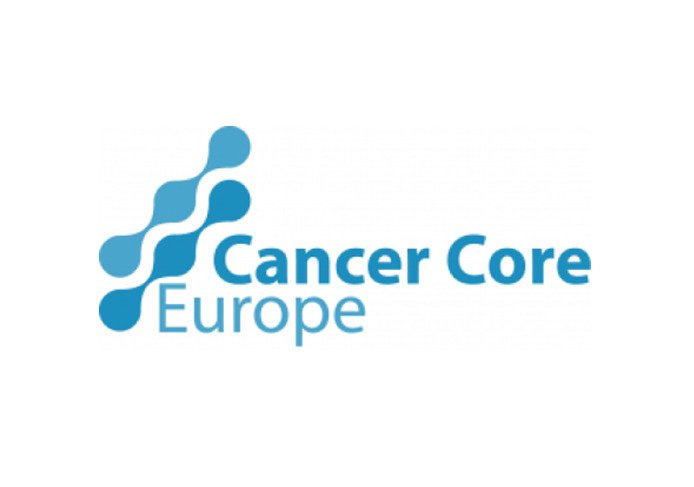
Department of Oncology-Pathology
The Department of Oncology-Pathology conducts basic, translational and clinical research and educational activities related to cancer.
News
Upcoming events
Related centers
 Photo: Getty Images.
Photo: Getty Images.Centre for Medical Radiation Science
Karolinska Institutet, KTH Royal Institute of Technology, Stockholm University and Region Stockholm are establishing a new centre for medical radiation science in Stockholm. The centre will be hosted by the Department of Oncology-Pathology.
 Photo: Creative Commons CC0
Photo: Creative Commons CC0Cancer Research KI
Cancer Research KI is an overarching umbrella organisation and single point of entry to cancer research at Karolinska Institutet, that includes some 250 research groups. The aim is to bring together top-level cancer scientists from different disciplines, with the overall goal to generate new discoveries that can be rapidly translated into clinical practice for the benefit of patients and society.
 Photo: Angiola Harry
Photo: Angiola HarryBRECT - Breast Cancer Theme Center
BRECT aims to increase our understanding of critical steps in breast cancer development and therapy.
 Photo: n/a
Photo: n/aCancer Core Europe
Karolinska Institutet is one of the seven leading cancer centers that have joined forces to form the European cancer association Cancer Core Europe.
KI operational delegate: Christina von Gertten
